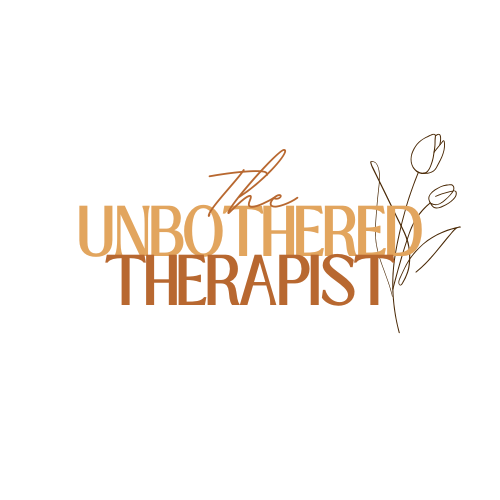5 Lessons I Learned in My Fitness Journey as a Trauma-Informed Personal Trainer and Therapist
5 Lessons I Learned in My Fitness Journey as a Trauma-Informed Personal Trainer and Therapist
Fitness has been a huge part of my life for years! I used to thrive in the world of fitness competitions and fitness challenges all while chasing peak aesthetics, rigid goals, and external validation. However, what began as empowerment slowly but surely turned into burnout. Looking through the lens of both a trauma-informed therapist and a personal trainer, I now understand just how deeply our relationship with our bodies is shaped by the narratives we’ve learned and how we can reclaim our relationships with our bodies/movement by rewriting them.
Here are five key lessons I’ve learned in my own healing-centered fitness journey:
1. Aesthetic Goals Alone Are Not Sustainable
At the peak of my fitness competition days, I “sculpted” my body into what I thought was the “ideal.” I chased personal records that weren’t functional and pushed my body past its limits. Behind all of this was a nervous system screaming for rest. I’ve learned that when we chase aesthetics at the expense of well-being, we disconnect from the body’s inner wisdom.
Now, I teach my clients to focus on how they want to feel in their bodies whether that is strong, grounded, flexible, or energized instead of just how they want to look. This shift is especially important for those healing from trauma, where the body has often been a site of harm or disconnection.
2. Intentions Over Challenges
Let’s be real, challenge culture is rampant in the fitness community. I used to assume they were just part of the gig. The 75 hards, extreme cutting and bulking, back-to-back-bootcamps, etc are often praised, but for many of us (especially trauma survivors), this can can replicate cycles of self-punishment and perfectionism. I used to thrive on challenge formats until they left me physically depleted and emotionally detached.
Now, I choose to set intentions instead: to move joyfully, rest without guilt, and listen to my body’s cues. Intentions honor the body's rhythms, whereas rigid challenges can ignore them.
3. Rest Is a Form of Resistance
Shout out to Tricia Hersey (author of Rest is Resistance)! In both fitness and hustle culture, rest is often seen as weakness or something that we earn. But rest is a non-negotiable! Especially for marginalized folks whose bodies were historically expected to endure and perform without complaints.
As a Black woman and trauma-informed coach, I now view rest not as a reward but as a birthright. I schedule it like I do my workouts because healing doesn’t happen in overdrive.
4. Your Fitness Journey Doesn’t Need to Look Like Anyone Else’s
I’m sure many of us have heard the quote: “Comparison is the thief of joy.” Comparison used to eat me alive! And, if I’m honest, this is still something I struggle with in my personal and professional life from time to time. Social media makes it easy to feel behind or “not enough.” But healing taught me that our bodies carry unique stories and so our fitness journeys must look different.
For some, that looks like weight training. For others, it’s daily walks, yoga, or dancing in their kitchen. My fitness now aligns with where I am in my life emotionally, mentally, and spiritually not with anyone else’s timeline.
5. Movement Can Be a Site of Healing
The biggest shift in my fitness journey has been recognizing movement as a tool for reconnection with the body. For many trauma survivors, the body can feel unsafe or unfamiliar. Intentional, joyful movement creates space to re-inhabit ourselves and to build trust with our bodies again.
Whether it's through breath-led movement, somatic practices, or lifting weights with mindfulness, fitness can be a radical act of self-return. Personally, strength-training has supported me so much in my healing journey. Especially once I learned how to participate in a balanced way!
Final Thoughts
My fitness journey is no longer about control or comparison! It’s about compassion, connection, and coming home to myself. As a trauma-informed trainer and therapist, I now support others in finding movement practices that are empowering, not punishing.
You don’t need to hustle to heal. You don’t need six-pack abs to feel whole. You just need a space to move with intention, grace, and care and I’d be honored to help you build that space.
Feel free to reach out here to learn more!

